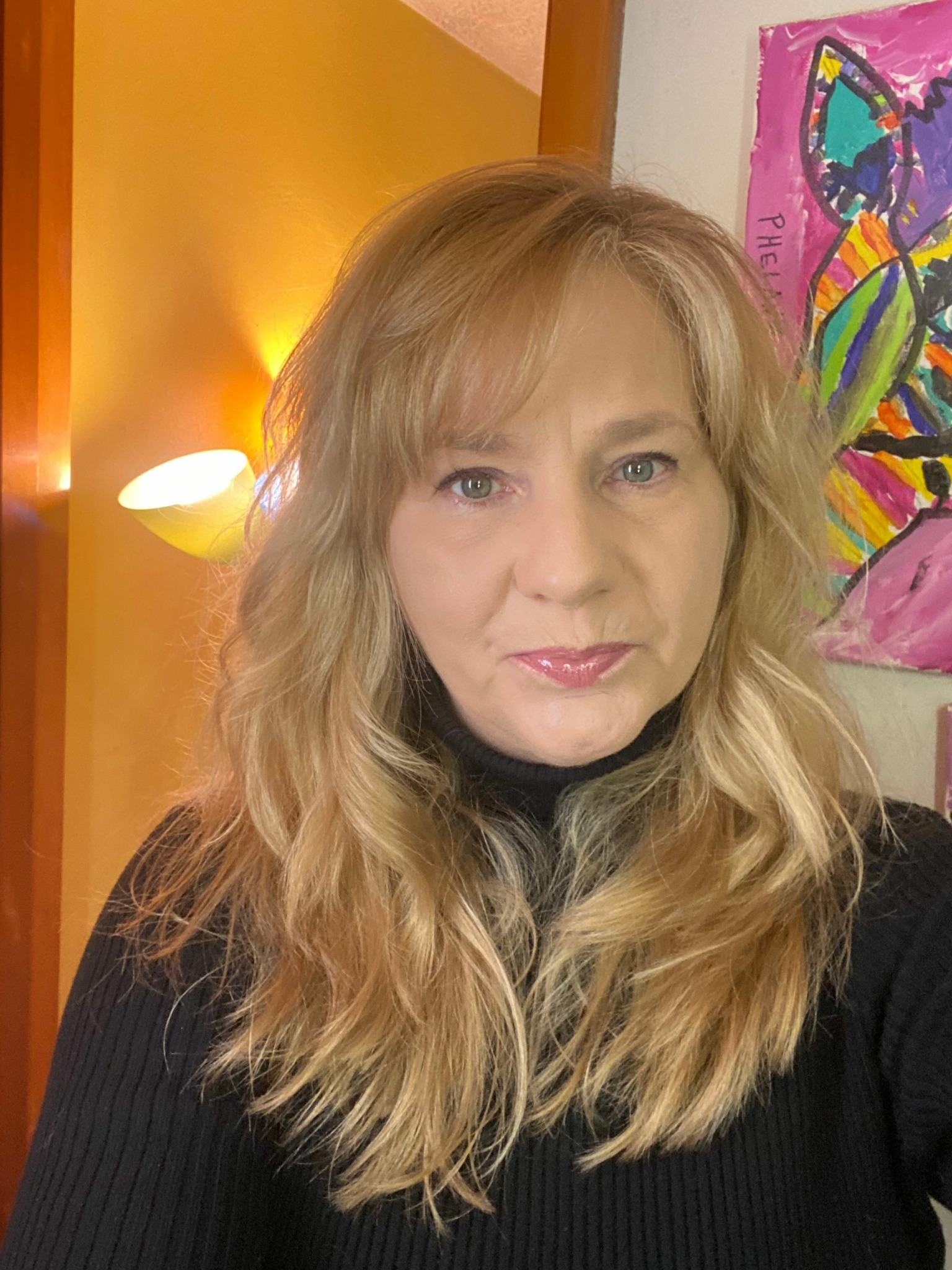We were lucky to catch up with Lori Jakiela recently and have shared our conversation below.
Lori, looking forward to hearing all of your stories today. We’d love to hear about when you first realized that you wanted to pursue a creative path professionally.
I remember being furious after my first day of kindergarten. I came home and told my mother that school was a joke. I thought someone would teach me to read that first day. Didn’t happen. My first day of kindergarten was mostly naps, milk and cookies, and the letter A. This was, I thought, unacceptable. For years I’d beg my mother to read to me and my grandmother to read to me, and when they were too exhausted to read to me, they’d say, “I can’t read to you. I forgot my glasses.” And so I believed glasses were the keys to reading. I don’t remember when I figured out my mother and grandmother were faking about the glasses thing. I don’t remember exactly when I started reading on my own, maybe second grade or so. As soon as I sorted out the alphabet, etc., as soon as I realized I didn’t need magic glasses to make sense of words, I started writing my own terrible poems. I couldn’t do much else right. In art class, I colored outside the lines. I colored the sun purple, my favorite color. I corrected Sister Lucilla’s, aka Sister Lucifer’s, pronunciation of the word “tarantula,” which Sister Lucilla aka Sister Lucifer insisisted on pronouncing “Ta-Ran-too-la,” which I couldn’t let stand. Sister Lucilla couldn’t let my purple suns stand, or my uppity-ness stand. She was quick with a ruler, and I’m pretty sure my knuckles were red and calloused for a few years. I think Sister Lucilla may still be alive. She’d be around 120, maybe, but her name still inspires fear in anyone who ever knew her. Anyway, I was an only child, sickly, and books were my first friends. I wanted to read and write to be in conversation with my friends. Shortly or not so shortly after that, most of my teachers and guidance counselors said I was, more or less, doomed. I couldn’t math. I couldn’t science. I could only move words around on a page. And what good was that for a kid from a working-class rust-belt town? No good, Sister Lucilla and lots of people like her said. No good at all. But then a few teachers let me believe it might be good, could be good. One of my teachers, Mrs. Vollmer, who dressed like she’d been sent to Trafford, Pennsylvania straight from Paris or Heaven–all these beautiful scarves and perfect diction–and later, another teacher, Mr. Kenyon, gave me books–poetry, Hemingway, Fitzgerald, deBeauvoir. They made me realize there was a bigger world. Before them, to say I wanted to be a writer when I grew up was like saying I wanted to be an apple. They made me believe in the possibility of a creative life. Such is the power of wonderful teachers.
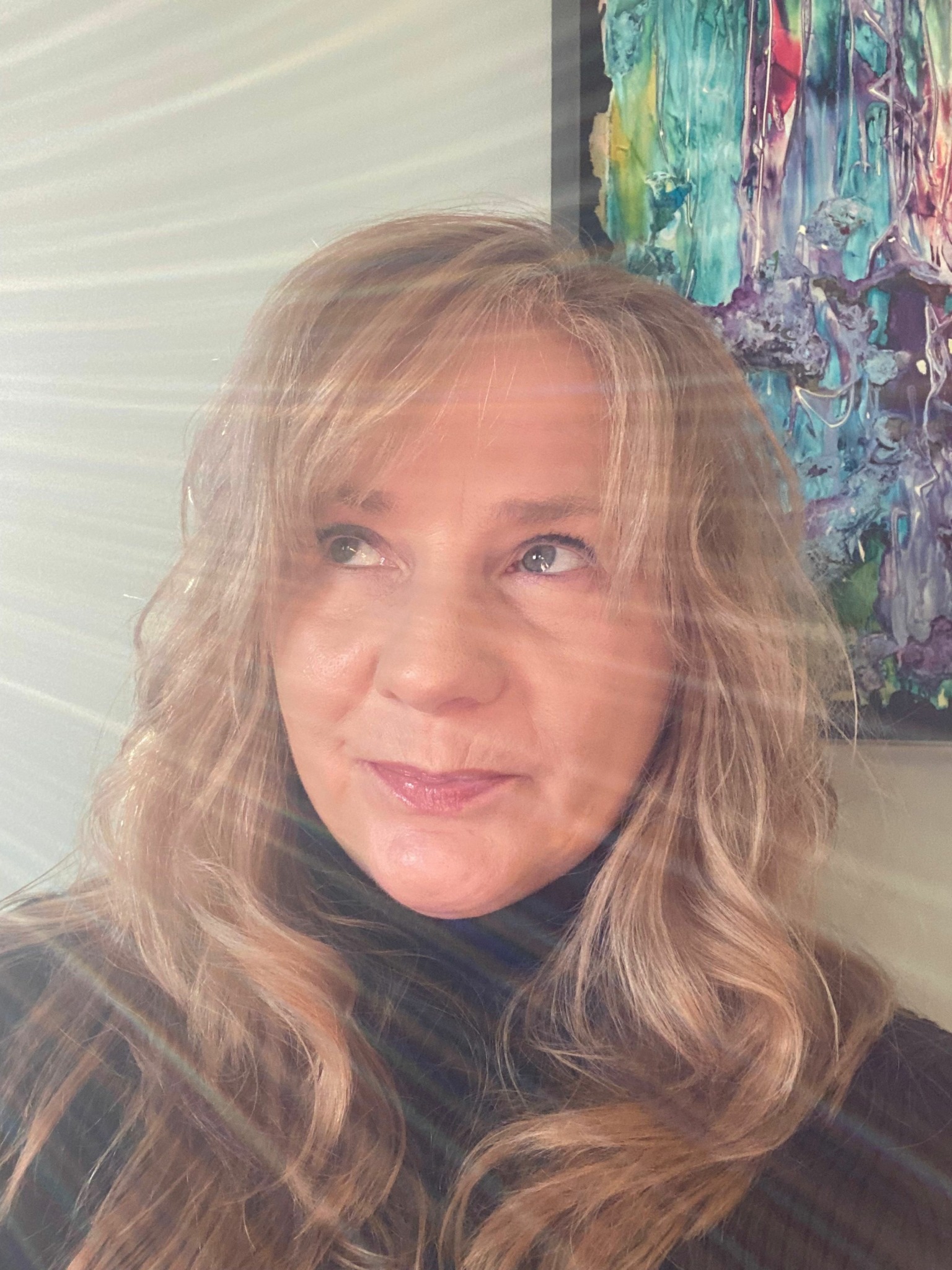
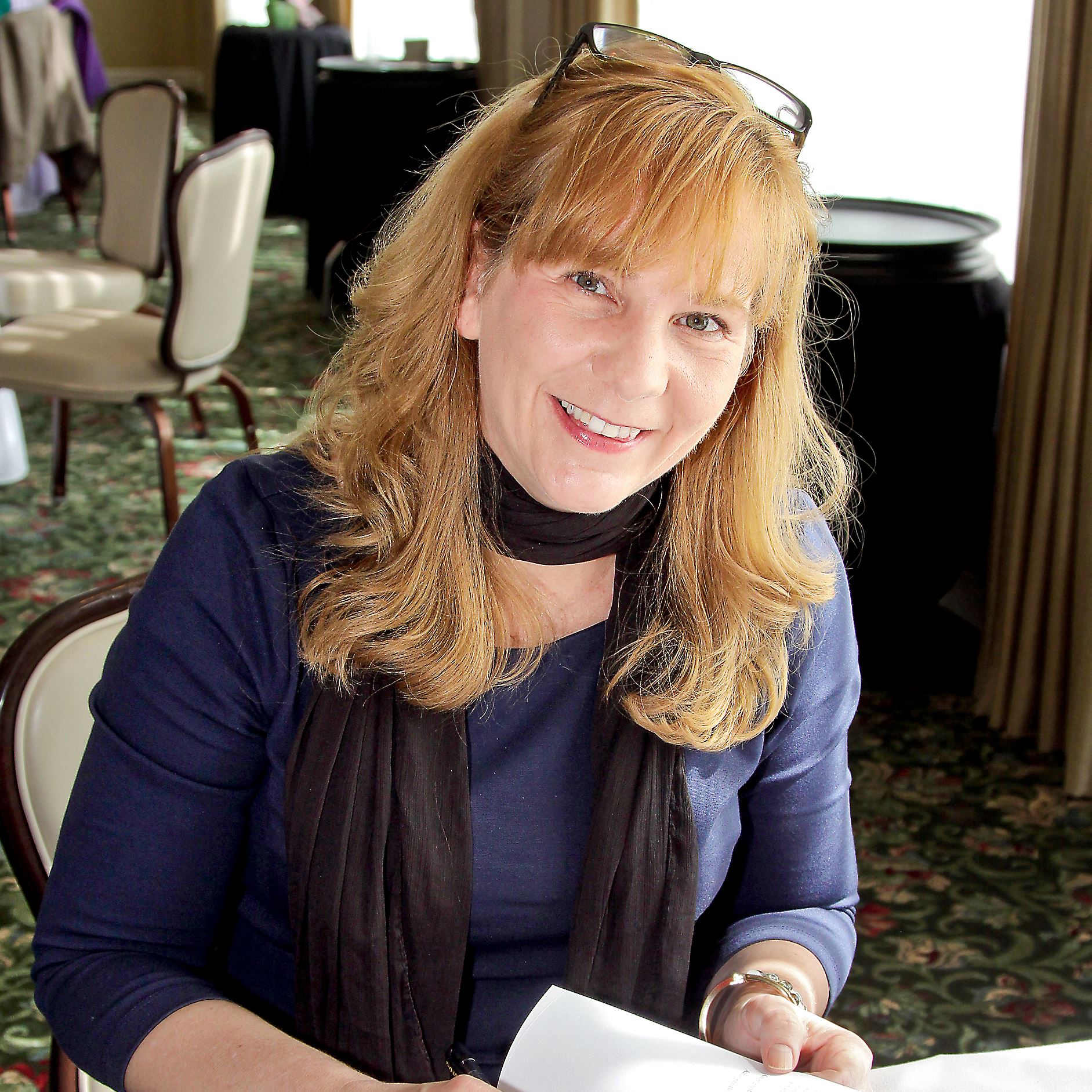
Lori, before we move on to more of these sorts of questions, can you take some time to bring our readers up to speed on you and what you do?
I went to graduate school for poetry, dear god. I was on scholarship, so no one, including me, had to bear the financial burden of a working-class kid going to graduate school for poetry.
God bless the academy for that one.
But I loved poetry. I loved it more than anything. I loved the feeling of moving words around on a page and maybe making something that might matter some. I still love it beyond reason. “What is it you’ll do with your one and precious life?” Mary Oliver asked. I’d say, “Move words around a page and maybe make the world a little less lonely for it.” That, and I’d like to see Paris again. Also, I’d like to learn to make bread. Really good bread.
Anyway, after I left graduate school, that sweet cocoon. I ran off and joined the airlines, where I learned a lot about the world. I spent over seven years traveling, meeting people from every which where, serving them Cokes and bev naps, the occasional CPR. I took in the world, and the world took in me.
When I finally touched down–my father was dying, my mother was sick–I came back to my home country, Pittsburgh. And that’s where I began to really, truly write. I wrote to make sense of things. I wrote to capture the experiences I’d had. I wrote to grieve the loss of my parents. I wrote to open up the world when the world felt like it was shrinking down–to hospital rooms, to my childhood bedroom, to my father’s then my mother’s bedside. I wrote to try to make sense of everything that didn’t make sense. Which then and sometimes now, really was every thing.
In the midst of some of this, I met and married my husband, who is also a writer, who believed in the things I believed in–mostly that telling true stories might help the world make some sense; that telling true stories could ground us in the world; that writing something true might help other people who were struggling to find their own truth. In other words, let’s cut through the bullshit and write something that matters before our time’s up. We’ve been married almost 24 years now, with almost 19 books between us. When we married, we had exactly 0 books between us. We write together every weekend. We sit at the same table and work. We give up many other things. We disappoint people we love. Writing takes a lot of time, a lot of focus. It was important to me to marry someone whose crazy matched my crazy. So it goes.
There was a shampoo commercial back in the 1970s and 1980s. Remember? The slogan: I told two friends, and they told two friends, and so on and so on and so on. Writing is like that–a virus, but the best kind. A virus that can heal. A virus that makes people feel less lonely. A virus that says, “It was like this for me, and maybe for you, too.”
What a beautiful, and I hope incurable, disease.
Since way back when and now, I’ve written and published eight (soon to be nine) books. Most of these are about family. Some are about adoption, that strange in-between space of being. All of them are about what it means to be a writer and working class, the class that does not summer in the Hamptons, the class that never uses “summer” as a verb. You are either born into it, or born into it– someone, Bukowski maybe–said about writing. Meaning you’re born into a family in which art and writing has value. Or that you’re born into it–writing–the way some people are born on fire.
What I am proud of? My family.
After that, I’m proud of my books. All of which you can get online. All of which you can learn about here: http:lorijakiela.net. Thanks for checking them out.
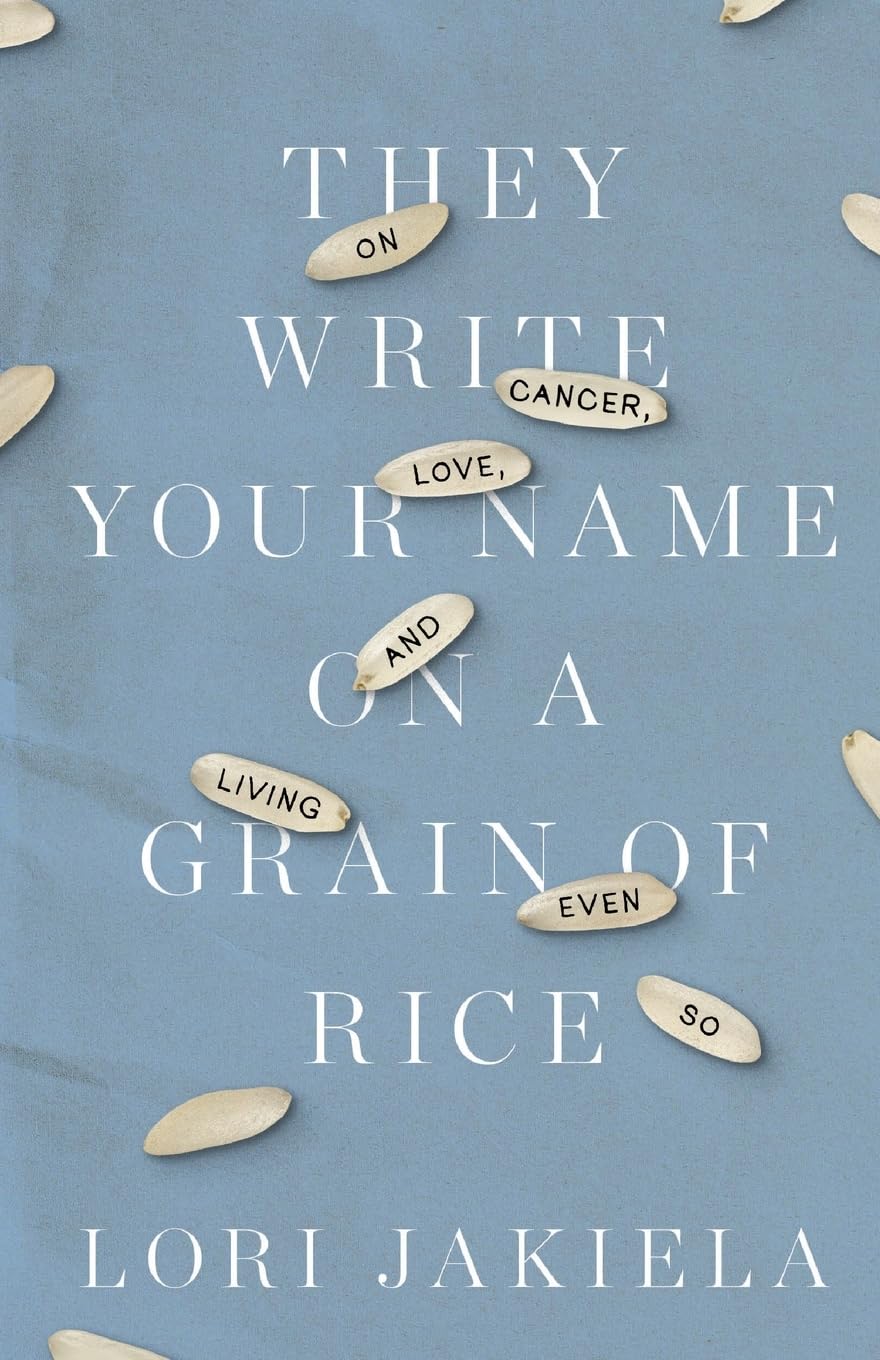
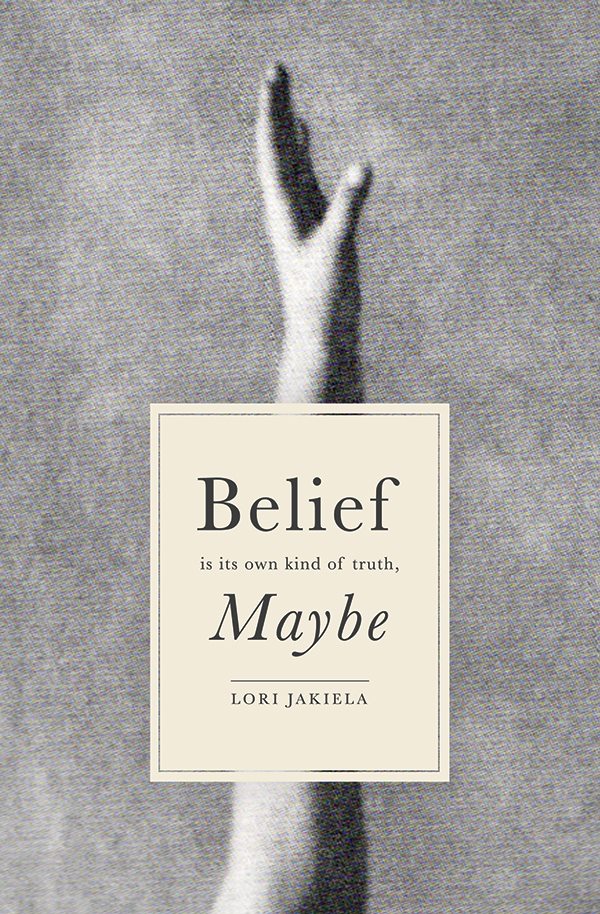
We often hear about learning lessons – but just as important is unlearning lessons. Have you ever had to unlearn a lesson?
Throughout my time in grad school, I was a very serious poet. I wore all black. I didn’t laugh much. Everything that was not laden with gravitas was not worth my time. I pretended to smoke clove cigarettes. I owned more than one black beret. I had several pairs of black velvet knickers, which felt kind of Dickens-ish. At one point, I tried to drink boiler makers–beer with a shot of whiskey dropped in like a bomb. It didn’t go well. I wanted to be tough. I was not tough. I wanted to be cool. I was not cool. It took years for me to become myself.
The best lesson I learned: don’t love your own grief too much. The best lesson I learned: everything that seems hopeless can also be hopelessly funny.
I had to learn to look for the light in the darkness. I had to learn to love and embrace the light. I love this, from Charlotte the Spider, in E.B. White’s CHARLOTTE’S WEB: “We’re born, we live a while, we die.” That’s the entirety of human experience. How funny and terrible is that?
It’s so important, I think, to write the funny and tragic all at once.
Also, Charlotte? She’s Ariadne, the goddess of language. A spider spelling out words in her web.
How beautiful and magical is that?
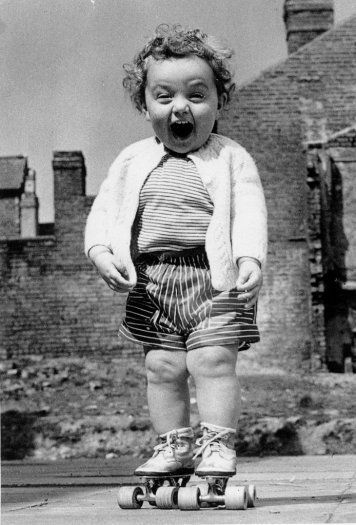
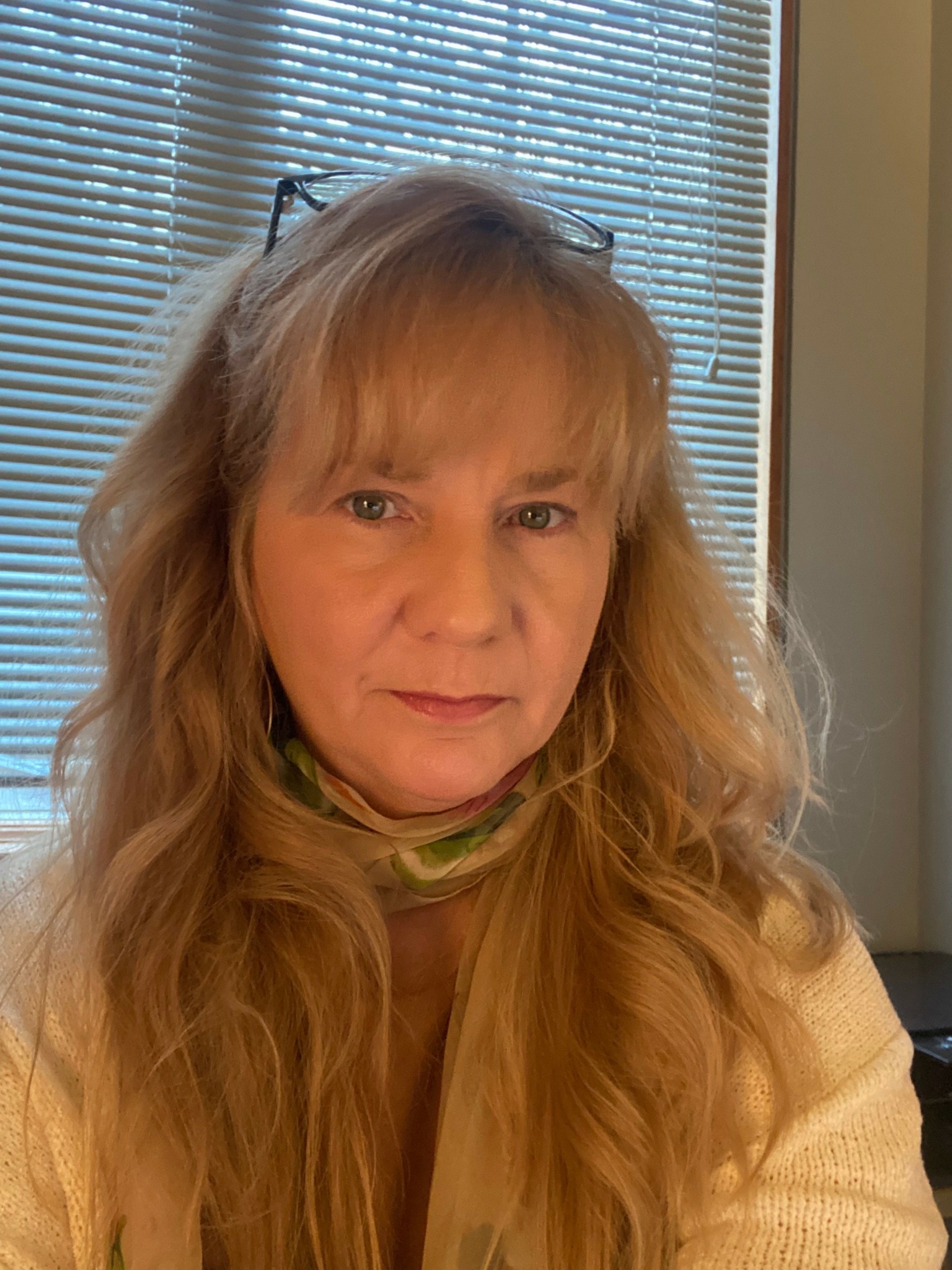
In your view, what can society to do to best support artists, creatives and a thriving creative ecosystem?
Please buy books. Please don’t burn books. Please don’t ban books.
Sweet everything. This is America. Still. Let’s hold onto that.
Love your librarians. Your authors. Your poets. Your teachers. Books.
Books. Books. Even the books that say things you find untoward have something important, maybe, to say to someone. The books that show us the most uncomfortable truths may be the most important ones now.
There’s space for all our stories. There’s space for all our experiences. “I am large. I contain multitudes.” That’s Walt Whitman, that great believer in the American dream.
Books and reading teach us empathy. They help us understand one another. They make the world a less cruel and lonely place. Humans, as far as we know, are the only story-telling animal.
“We tell ourselves stories in order to live,” the great Joan Didion said.
I’ll tell you my story. You tell me yours. And let’s go on living together like that. Like that old shampoo commercial: and so on and so on and so on.
Endless. Yes.
Contact Info:
- Website: http://lorijakiela.net
- Instagram: lorijakiela
- Facebook: https://facebook.com//lljakiela
- Linkedin: lorijakiela
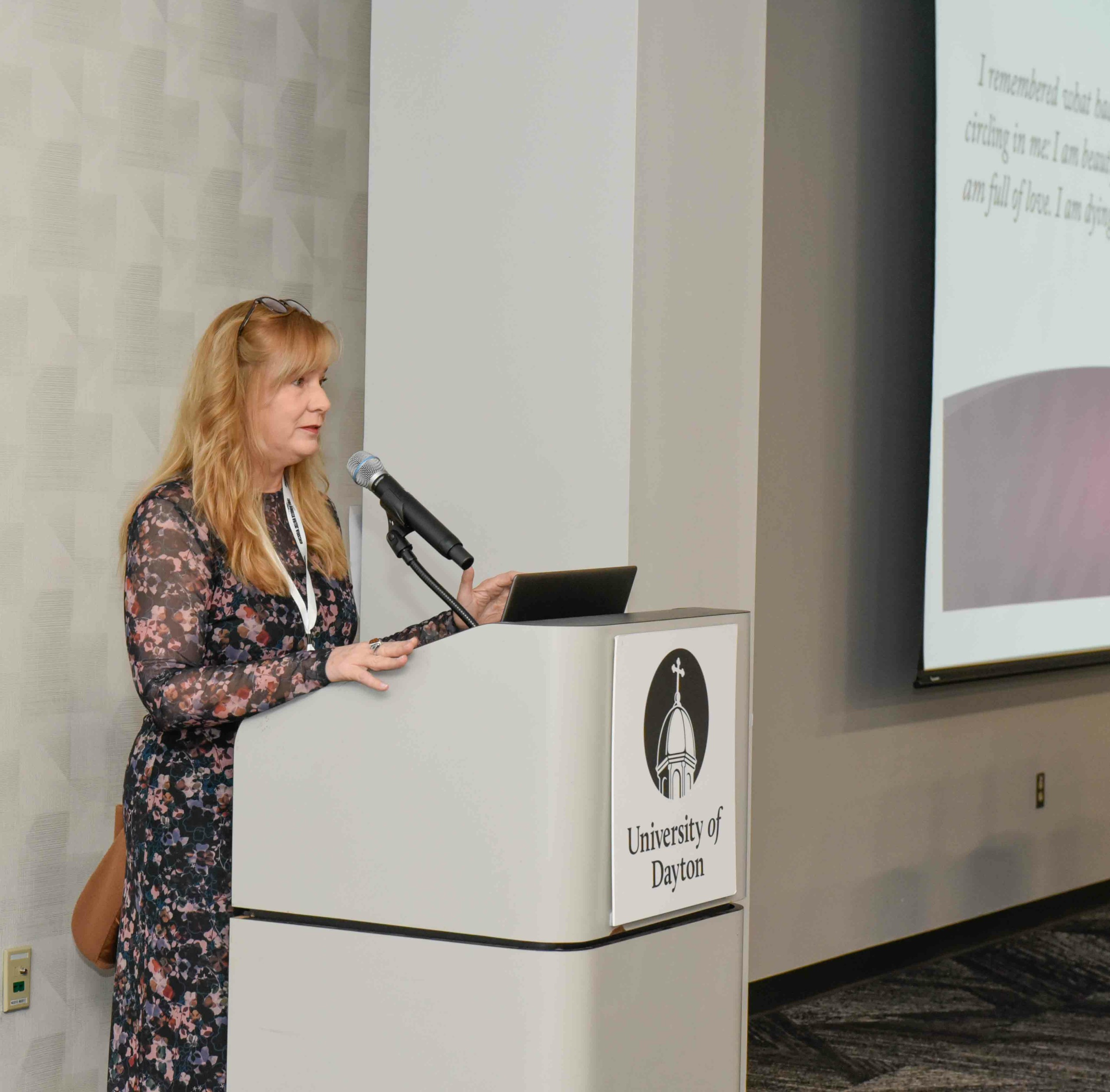
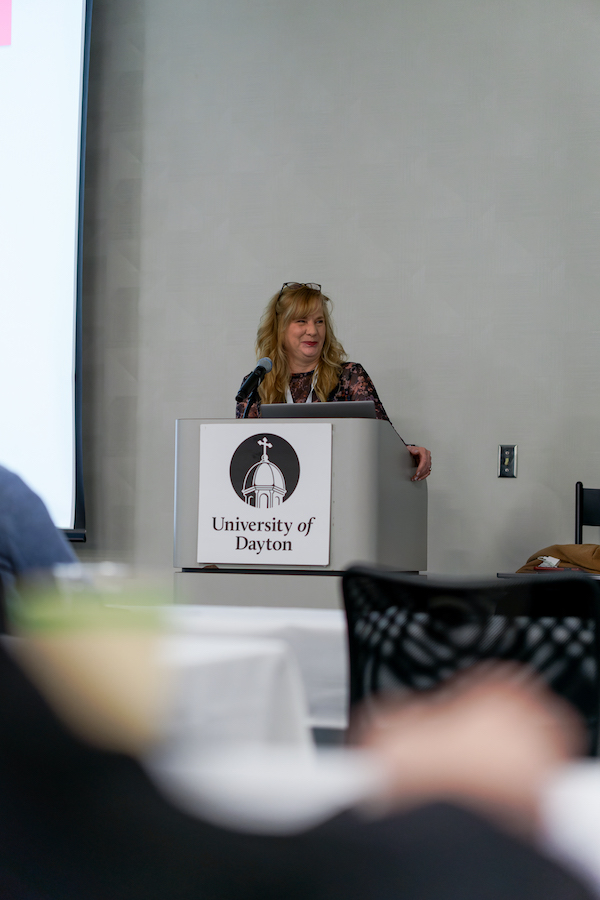
Image Credits
Lori Jakiela
The Erma Bombeck Festival
Phelan Newman


